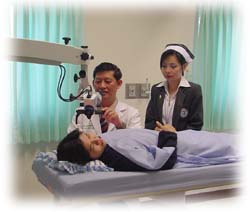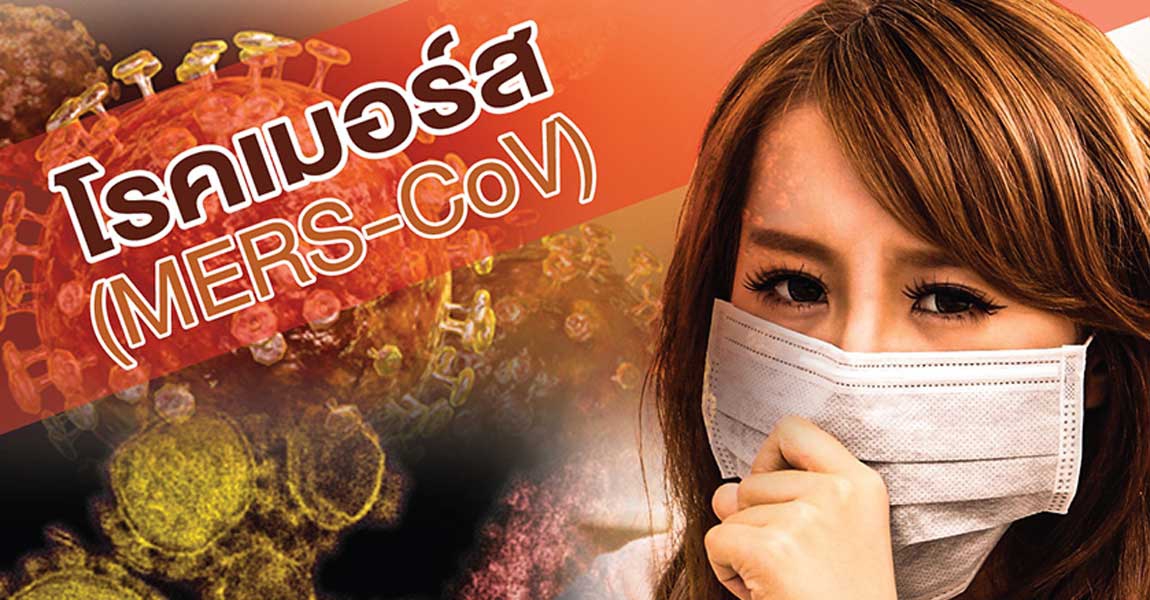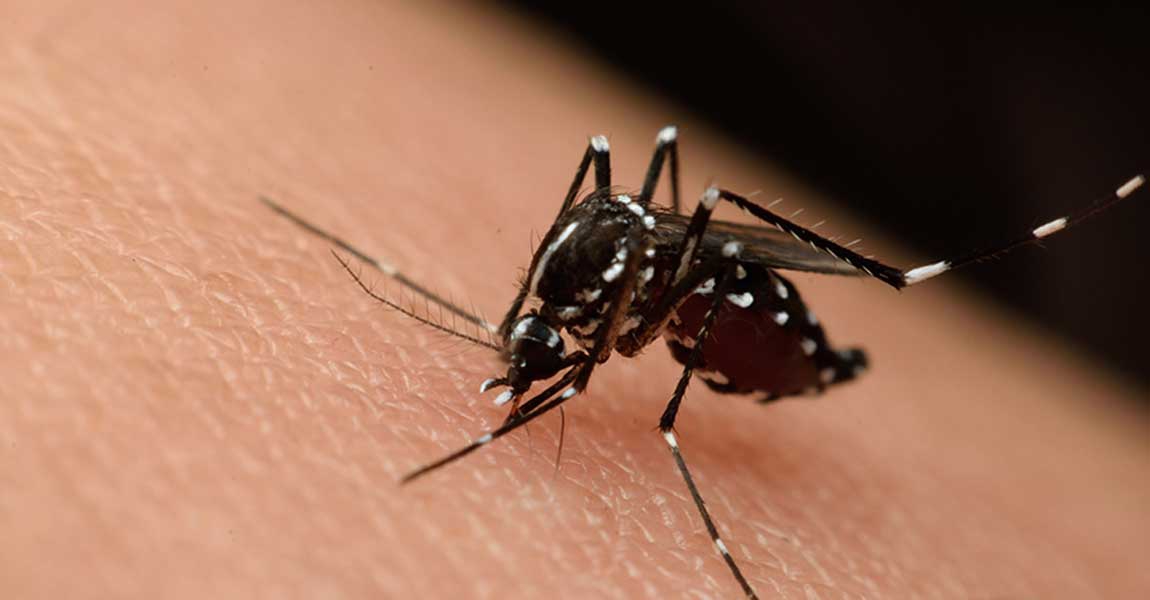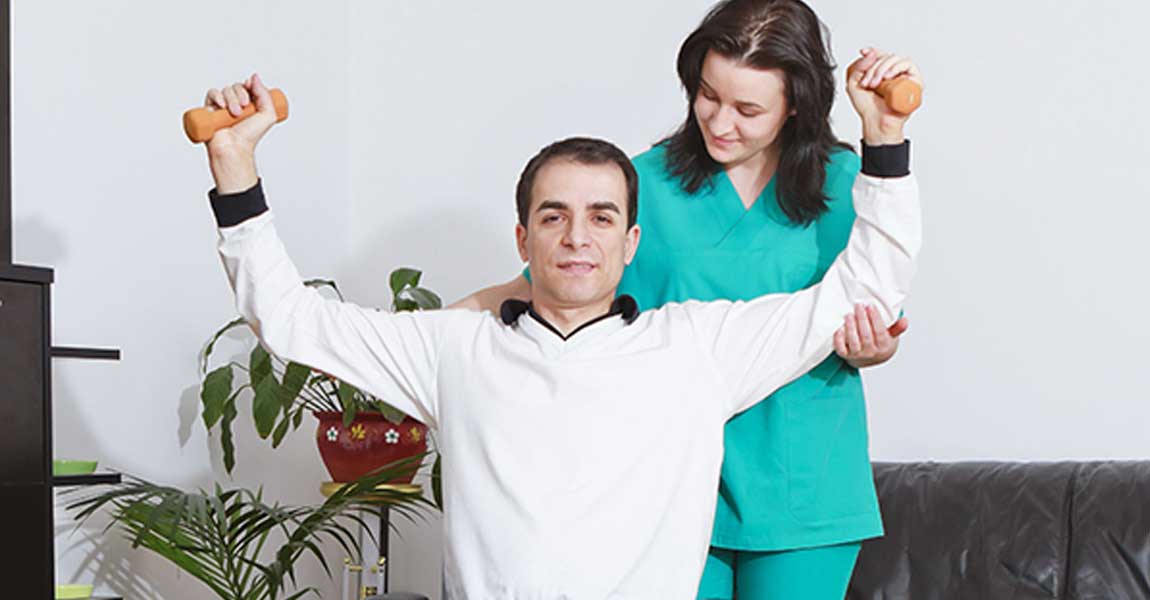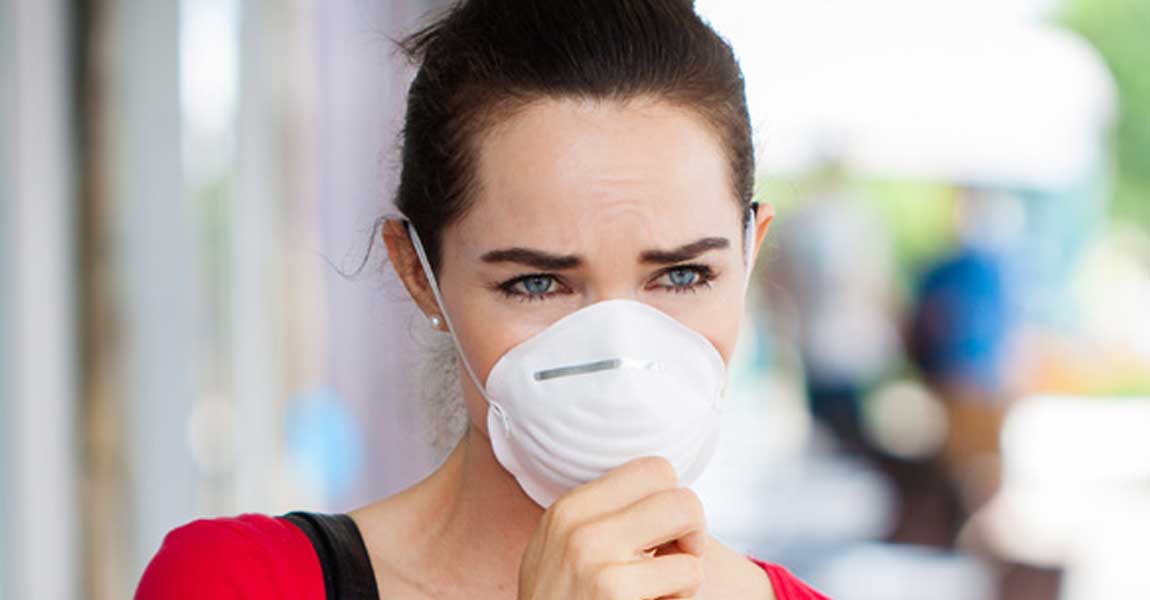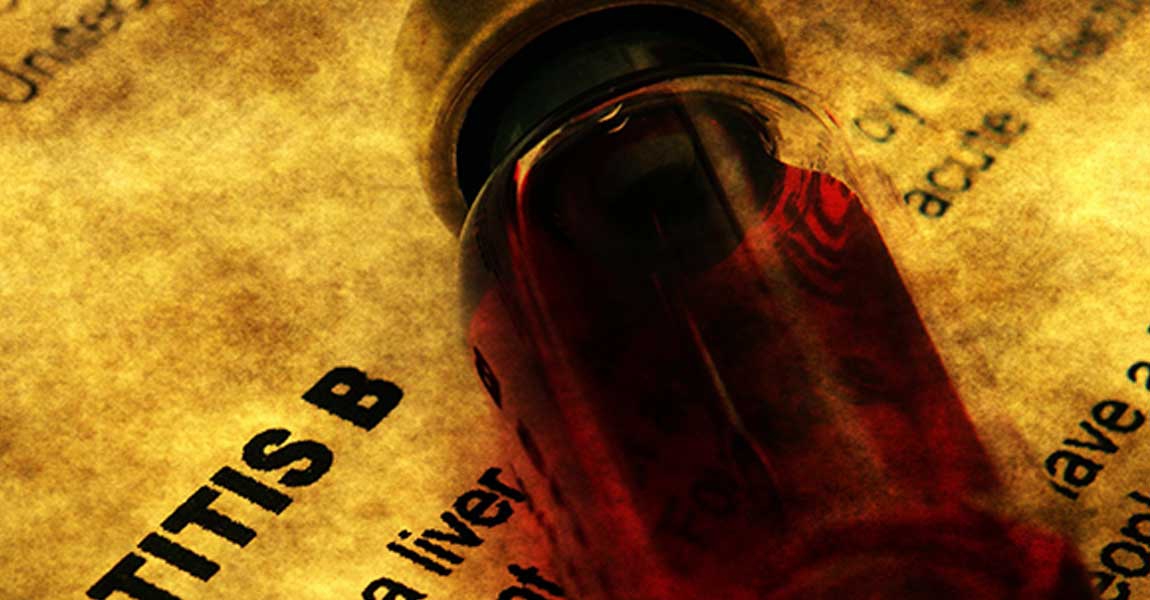The Vertigo Clinic

Our Vertigo Clinic evaluates and treats patients experiencing vertigo and dizziness problems that suggest the balance mechanism in the inner ear and vestibular nerves are not working properly. Please visit us if you are experiencing any of these symptoms: wooziness, combined with a whirling or spinning sensation; lightheadedness as though you are floating; dizziness so severe that you fear that you may lose your balance and fall; feelings of floating downward; or free-falling.
Vertigo and Dizziness
Vertigo is the sudden sensation that you are unsteady or that your surroundings are moving. You may feel like you are spinning around on a merry-go-round or that your head is spinning inside. In the first type the sufferer feels that his or her body or the environment is spinning. It is commonly caused by sudden disturbance by any illness of the organs of balance. Dizziness is characterized by weakness dull headedness, and is commonly caused by low blood sugar or low blood pressure as chronic illness.
Vertigo can occur after long flights or boat journeys where the mind gets used to turbulence, resulting in a person’s feeling as if he is moving up and down. This usually subsides after a few days. Vertigo can also occur when exposed to high levels of sound pressure rattling the inner ear in which throwing off ones balance and others. Benign paroxysmal positional vertigo (BPPV) is one of the most common disorders that can cause vertigo, and is characterized by brief episodes of mild to intense dizziness associated with specific changes in the position of your head.
Diseases that may cause Vertigo and deafness
There are many causes of Vertigo, including
- Otitis media – inflammation of the middle ear, or middle ear infection.
- Eustachian tube dysfunction (ETD) or Auditory tube dysfunction – occurs when the tube fails to open during swallowing or yawning.
- Labyrinthitis – infection of the labyrinthitis of inner ear – the primary symptoms of labyrinthitis are Vertigo accompanied by hearing loss and a sensation of ringing in the ears called tinnitus.
- Head injury – refers to trauma to the head which may effect the inner ear, which may or may not include injury to the brain (traumatic brain injury).
- Meniere’s disease – is characterized by episodes of dizziness and tinnitus and progressive hearing loss, usually in one ear.
- Positional Vertigo – Benign Paroxysmal Positional Vertigo (BPPV) (sometimes also referred to as BPV) is the most common cause of bouts of vertigo in the general population. This group also has Vertebrobasilar insufficiency (VBI), or vertebral basilar ischemia, referring to a temporary set of symptoms due to decreased blood flow in the posterior circulation of the brain.
- CNS Degenerative Change Degenerative diseases of the central nervous system (CNS) – includes Alzheimer’s, Parkinson’s disease and senile dementia.
- Vestibular neuronitis – acute, sustained dysfunction of the peripheral vestibular system with secondary nausea, vomiting, and vertigo. Vertigo usually last for two weeks.
- Vestibular schwannoma – a vestibular schwannoma (also known as acoustic neuroma, acoustic neurinoma, or acoustic neurilemoma) is a benign, usually slow-growing tumor that develops from the balance and hearing nerves supplying the inner ear.
- Other brain or CNS dysfunctional syndromes such as physical disease, Diabetes Mellitus, high blood pressure, infectious diseases, kidney disease, heart disease, dysfunctional thyroid.
Because of the different causes, diagnosis takes many factors into account, including:
- Patient’s History of Vertigo-types-on set-duration.
- Physical Examination
Special Diagnostic Methods
A. Hearing evaluation
- Audiometry – for hearing agility
- Tymparometry and acoustic reflex for middle ear function
- Bekesy – automatic audiometry
B. Vestibular evaluation
- Posturography
- Caloric test
- Positioning test
- VNG
C. Physiology Test
- Brainstem Electrical Response Audiometer (BERA – ABR)
Summary
Vertigo is the sudden sensation that you are unsteady or that your surroundings are moving. You may feel like you’re spinning around on a merry-go-round or that your head is spinning inside. The causes are many, but important, so anyone suffering with Vertigo should consult a specialist center to elucidate the cause, and correct it.



